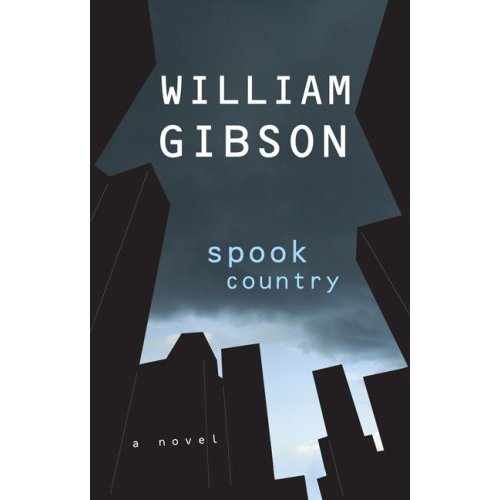There are a few things worth noting about the latest Wikileaks document-dump, the first and most obvious being how utterly unsurprising (though still deeply saddening) the contents were; for me at least (and I suspect for many others) it’s more of a confirmation of long-held suspicions than anything else.
The second is the reaction from the US and UK governments, which have focussed on the supposed risk to military personnel that the leaks will create; we heard that warning last time, too, and it turned out to be hollow. But it’s proving a very effective distraction to career journalists and their readers, most of whom have overlooked one very telling fact – namely that the aforementioned governments have made no attempt to claim the leaked documents are false. “OK, so we lied… but we were doing it to protect you!” Oh. That has worked out well, hasn’t it?
Thirdly is an observation from Mike Masnick of TechDirt, who compares Wikileaks with everyone’s favourite internet-prankster boogiepersons, Anonymous. The common themes are that they’re both products of our newly-networked era, and that they’re both being underestimated by the very powers that they most threaten.
I’d argue that the time to take the concept of Anonymous seriously came quite some time ago, actually. Even as people dismiss the group as often immature and naive (at times, quite true), what’s impressive about it is that Anonymous is a perfect example of truly distributed, totally anonymous, ad hoc organizations. When the group puts out statements, they’re grandiose and silly, but there’s a real point buried deep within them. What the internet allows is for groups to form and do stuff in a totally anonymous and distributed manner, and there really isn’t any way to prevent that — whether you agree with the activity or not.
Some think that “a few arrests” of folks behind Anonymous would scare off others, but I doubt it. I would imagine that it would just embolden the temporary gathering of folks involved even more. Going back to the beginning of the post, if the US government really was effective in “stopping” Julian Assange, how long do you think it would take for an even more distributed group to pick up the slack? It could be Anonymous itself, who continues on the tradition of Wikileaks, or it could be some other random group of folks who believe in the importance of enabling whistleblowing.
And yes, there’s a smattering of self-aggrandisement on my part here, because I made a similar suggestion back in July:
It’ll never be a big-bucks business, I’d guess, but the accrued counter-authority power and kudos will appeal to a lot of people with axes to grind. But what if they manage to make it an open-source process, so that the same work could be done by anyone even if Wikileaks sank or blew up? An amorphous and perpetual revolving-door flashmob, like Anonymous without the LOLcats and V masks? It’s essentially just a protocol, albeit one that runs on human and electronic networks in parallel.
Nowadays I flinch from making bold statements about profound change, but I find it very hard not to look at distributed post-geographical movements like Wikileaks and Anonymous and not see something without historical precedent. Whether it will last (let alone succeed in toppling the old hierarchies) is an open question that I’d not want to gamble on just yet, but what’s pretty much undeniable is that the nation-state is under attack by a virus for which its immune system has no prepared response.

 There’s been a steadily increasing number of stories about “crowdsourced justice” of late, a phenomenon that arguably started in China but which is spreading across the world to anywhere that has a population with ready access to the internet.
There’s been a steadily increasing number of stories about “crowdsourced justice” of late, a phenomenon that arguably started in China but which is spreading across the world to anywhere that has a population with ready access to the internet.
